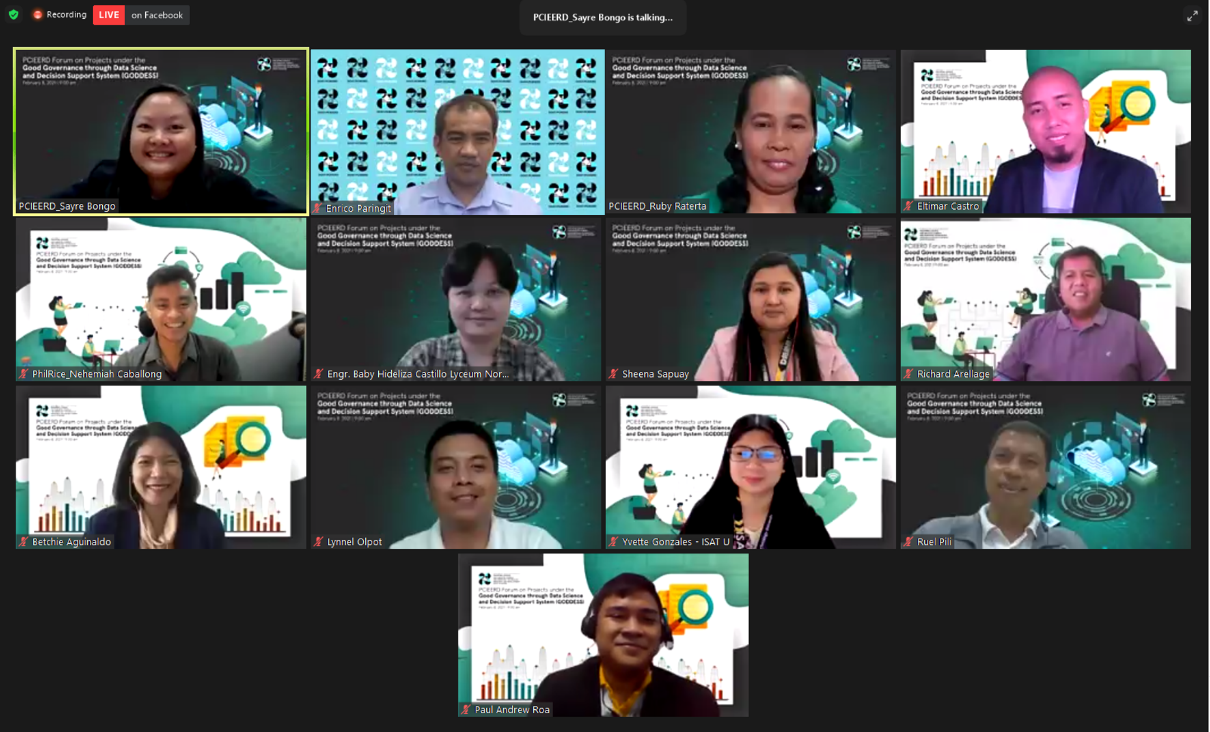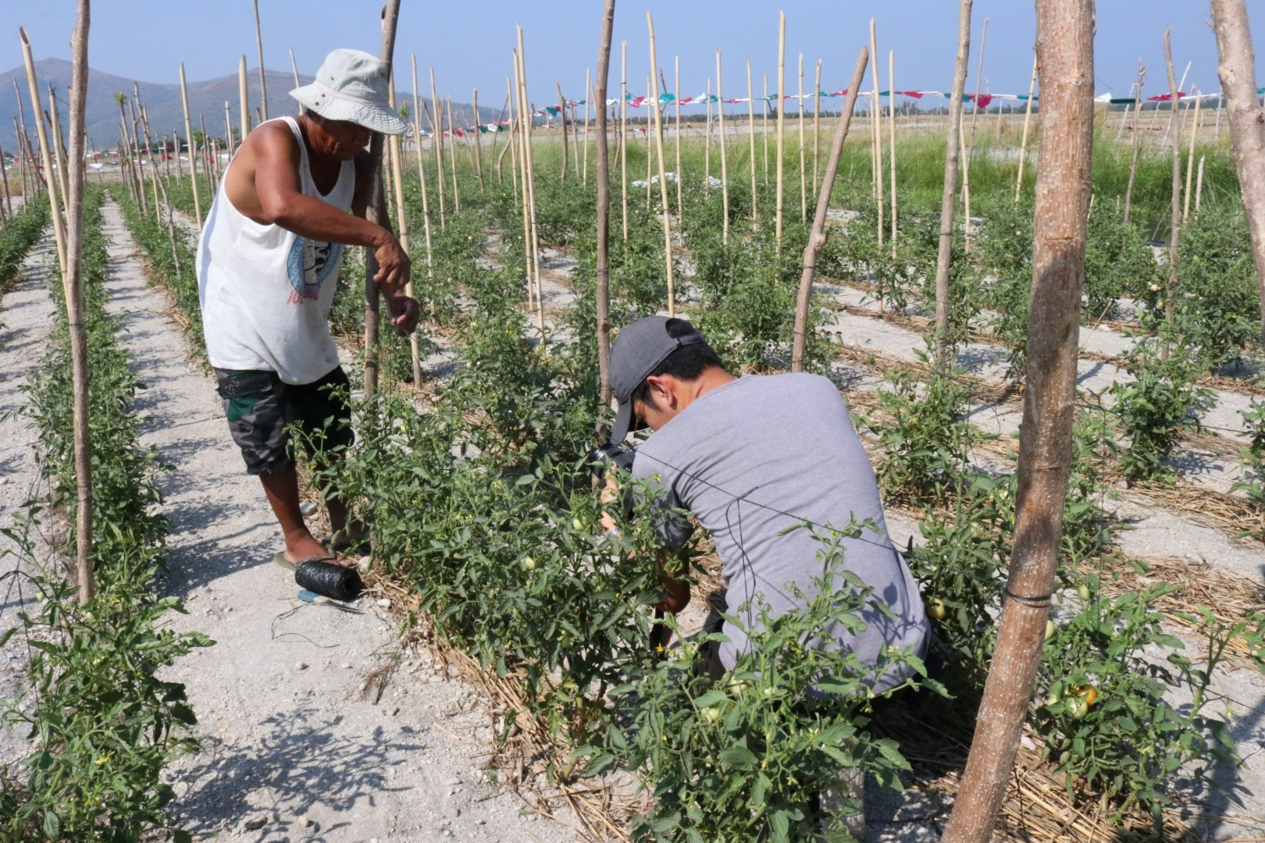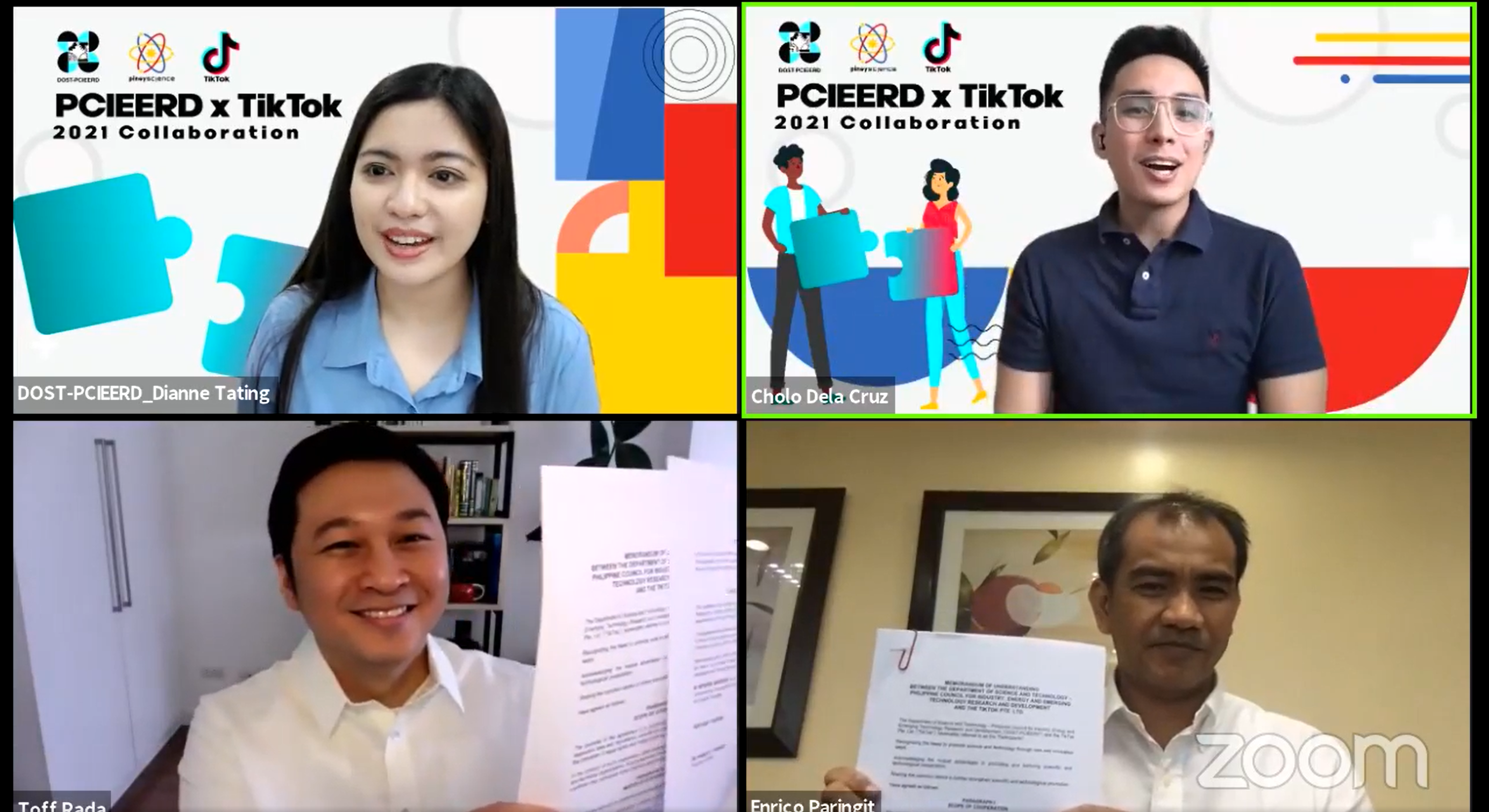As the Philippines celebrates the National Women’s Month, the Department of Science and Technology Philippine Council for Industry, Energy, and Emerging Technology Research and Development (DOST-PCIEERD) is opening doors to support women entrepreneurs access technology solutions for their businesses.
Through the Women-Helping-Women: Innovating Social Enterprises or WHWise Program, DOST-PCIEERD said that this is a public-private partnership initiative that brings together government agencies and private organizations to seek out and prepare women-led social enterprises for growth, scalability, and subsequent venture capital funding. More importantly, The DOST-PCIEERD shall connect these women entrepreneurs to the science community and provide access to technology assistance so even the most rural women can be part of the global economy.
The WHWise Program offers a suite of services including early-stage funding, training, skills development, mentorship, and business incubation.
DOST PCIEERD Executive Director Dr. Enrico Paringit expressed optimism that the program can help Filipina entrepreneurs access available opportunities that can empower their businesses.
"As leader and partner in enabling innovations, we hope this program can encourage our women entrepreneurs to innovate and utilize available technologies that can maximize the potentials of their businesses. This is a call for women in technology to work with women in social enterprises to spawn innovation. Women can indeed make a change in our society” he said.
Paringit said the program is open to all women-led social enterprises across the country and encourage women entrepreneurs in the regions to fully participate. The DOST-PCIEERD is also open to partnerships with private organizations focusing on women entrepreneurs that are willing to lend a hand to further help the grantees of this program.
A detailed capsule (or full-blown) proposal must be submitted to DOST-PCIEERD through the DPMIS portal, www://dpmis.dost.gov.ph, from June 1 to 30, 2021 but Call Conferences shall be held in April and May to explain the proposal format, mechanics and other requirements related to the grant. Schedules of Call Conferences for the WHWise Program shall be announced in the DOST-PCIEERD fb page.
Requirements for the proposal include the following:
- Letter of Intent and Endorsement from the head of the institution addressed to:
- DR. ENRICO C. PARINGIT
- Executive Director
- Philippine Council for Industry, Energy and Emerging Technology Research and Development (PCIEERD)
- Department of Science and Technology (DOST)
- 4th and 5th Level, Science Heritage Building, DOST Compound, Gen. Santos Ave., Bicutan, Taguig City 1631
- Detailed DOST-GIA Proposal Format through the DPMIS
- Supplementary Files uploaded:
- Scientific Basis/Theoretical Framework
- Workplan
- Gender and Development Score
- Details of Line-Item Budget
- Risk Management Plan
- Curriculum Vitae of Proponent/Project Leader








